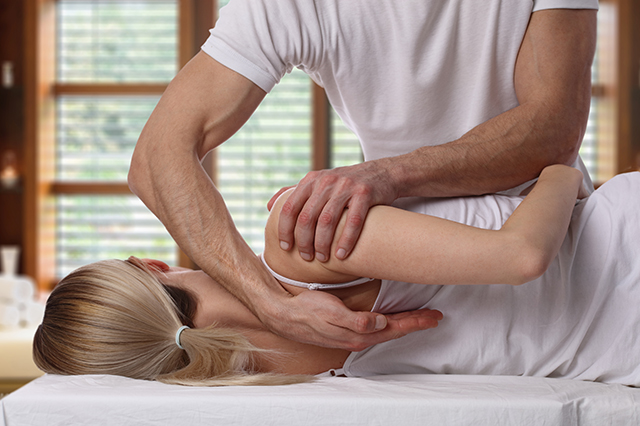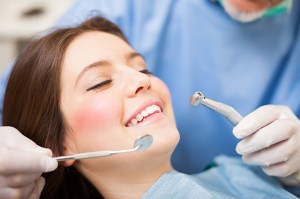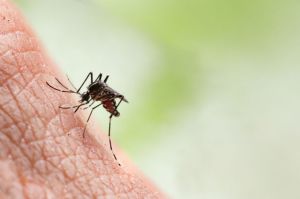Are you a young invincible when it comes to your health? It’s easy to ignore health risks for young adults when your age isn’t a worry. What’s to worry about? Your joints don’t ache when it’s damp. You’re not having trouble sleeping. Headlight glare doesn’t make it difficult to drive at night. You’re not winded when you climb three flights of stairs.
You’re too young for all that, right?
The concern for you should be that as you move out on your own, the health-care support you once took for granted may not be there. But ignoring your health care when you’re in your 20s or 30s is a good way to find yourself in bad health for years to come.
Smoking, drinking alcohol and using drugs may not seem like such a big deal when you’re in your prime. Just hit the gym or run it out of your system, just like those hipster actors do in the beer commercials, right?
Wrong. Bad habits have a way of developing into serious medical conditions as you age.
For young adults, health problems often arise out of social issues that spring from no longer having a mom, dad or older adult watching over them. There’s no one there to remind you to eat your vegetables, get a good night’s rest, or ask: Do you really need to drink that third beer? Or that shot of tequila to celebrate your best bud’s 25th birthday?
And what about that burger and fries you had at the bar? High cholesterol doesn’t just “happen.” You help it along by ignoring good eating habits. Even mild blood pressure or cholesterol problems can lead to any number of long-term health care issues.
Even if you’re conscientious about exercising you can run into trouble with your health. There is a cost to beauty that goes beyond the cosmetic. Everyone is susceptible to changes in their skin due to ultraviolet rays – even college kids on spring break or young professionals cashing in those business-trip frequent flyer miles on a vacation to the Caribbean. Skin cancer is among the leading causes of cancer deaths in women ages 25 to 30. Melanoma is the third-most-common cancer among women ages 20-39 and the second-most-common cancer in men ages 20-39. So, cover up; wear a hat and put on sun screen when you’re going to be out in the sun for extended periods – whether that’s a 5-mile run, a round of golf or an afternoon on the beach.

If you’re wondering why you seem to have regained that “freshman 15,” there are several causes beyond a rainy summer that discouraged you from jogging regularly. That weight won’t lose itself as you get older. Try to keep it in check so that it doesn’t lead to such things as diabetes, hypertension, back pain or cancer. The longer a young adult is obese, the greater the chance of developing heart disease in middle age, a new study reports. The finding hints that preventing or even delaying the onset of obesity might help reduce heart disease in later years.
Attacking the weights to help trim off the fat can lead to back problems, even in young adults. And, you know you’re not going to do those ab workouts just for the fun of it. You’re doing it, at least in part, so other people find you attractive. If you’re going to bed hop, remember that sexually transmitted diseases can lead to infertility, sterility, cancer and death. Be careful out there.
Early adulthood is a period marked by changes and growth physically, mentally and emotionally. It is also during this time that the onset of mental health disorders can occur – illnesses that can severely impact the life of the individual for years to come.
For a young adult, getting help for mental health disorders can prevent a variety of problems from occurring as they age. The consequences of mental health problems can include poor performance in school or at work, lack of friends and social interactions, substance or alcohol abuse, risky sexual behavior and suicide. In fact, suicide is the second-leading cause of death among persons ages 10 to 24 years.
A UCLA Medical Center survey released in 2016 found that people under age 45 often underestimate the symptoms of a stroke and the urgency to seek medical help. The survey asked more than a thousand people across the United States what they would be likely to do within the first three hours of experiencing numbness, weakness, or difficulty speaking or seeing, which are all common symptoms of a stroke.
Only about one in three respondents under age of 45 said they would be very likely to go to the hospital. That delay could prove deadly.
Many younger people assume strokes occur only in the elderly, dismissing the symptoms. While strokes may be more common among the elderly, people of all ages can experience them.
There are many minor ailments or conditions that, if ignored for too long, may develop into serious health care issues as you age. You may be a young invincible today, but how long will you remain so? Paying attention to your health now will help you avoid physical problems later in life.
How do you guard yourself against these and other health risks for young adults? Tell us in the comments below.
















